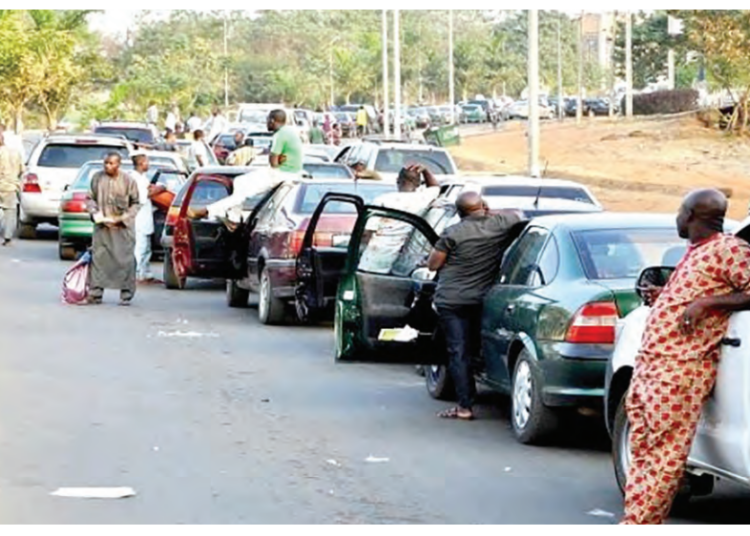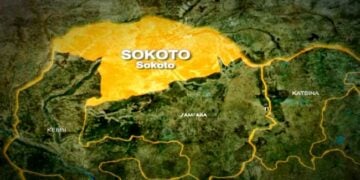The Manufacturers Association of Nigeria (MAN) has raised concerns over the sharp increase in petrol prices, warning that small and medium-sized enterprises (SMEs) across Africa, particularly in Nigeria, could face significant operational challenges, potentially leading to shutdowns or scaling down of operations.
This development is expected to have a severe impact on SMEs and businesses across Nigeria and the African continent, potentially escalating inflation and reducing the purchasing power of citizens across the region.
Director-General of MAN, Segun Ajayi Kadir highlighted that the recent petrol price hike from N617 to N897 per liter will drive up operational costs for businesses, especially in transportation and logistics. According to him, SMEs may need to pass them on to consumers to absorb these costs, which could result in closures.
“The hike in petrol prices will undoubtedly lead to higher transport fares and increased costs of goods and services. This, in turn, will leave citizens with reduced disposable income,” Ajayi-Kadir explained.
He also noted that a drop in purchasing power would lower demand for non-essential goods, which could have a ripple effect on businesses in various sectors.
Ajayi-Kadir warned that the situation could exacerbate inflation, placing additional strain on household budgets. “Small and medium-sized enterprises, which often operate on thin margins, could be particularly hard-hit.
The increased costs could force some to scale down operations or even shut down if they cannot pass on the additional costs to consumers,” he said.
The manufacturing sector, a vital part of the African economy, is also expected to feel the brunt of the fuel price hike. Ajayi-Kadir stated that businesses in this sector may have to adjust pricing, but weakened consumer demand could slash profit margins.
“One is naturally worried about the impact on the already lackluster performance of the manufacturing sector,” he added.
He emphasized that the price increase will affect production inputs and logistics, ultimately driving up prices and reducing disposable income for the average citizen.
The petrol price hike follows the recent decision by NNPC Retail stations across Nigeria to increase the price of Premium Motor Spirit (PMS) from N617 to N897 per liter.
This move has angered many Nigerians, especially as fuel shortages have persisted for over a month due to supply challenges linked to the Nigerian National Petroleum Corporation (NNPC).
Although NNPC has denied owing oil traders $6.8 billion in fuel subsidy debts, which some believe is causing the supply issues, the corporation acknowledged that financial constraints are affecting its ability to maintain a steady petrol supply across the country.





